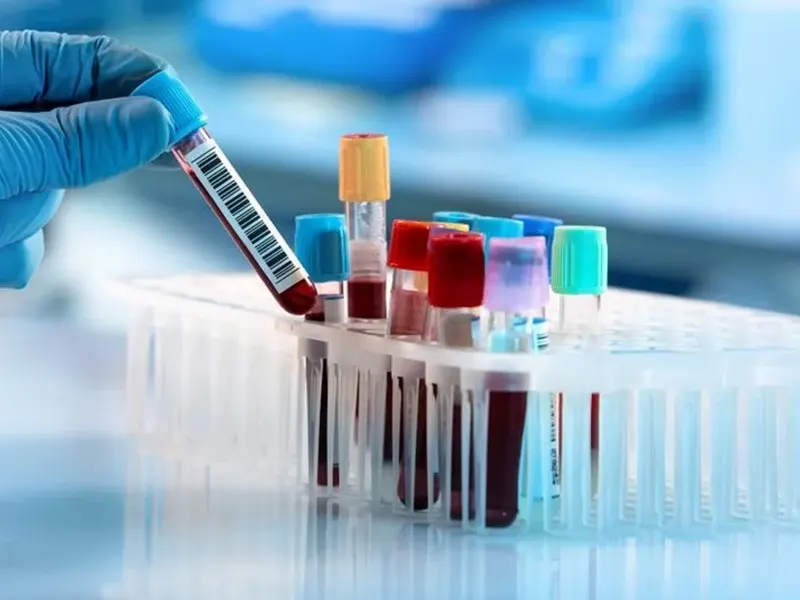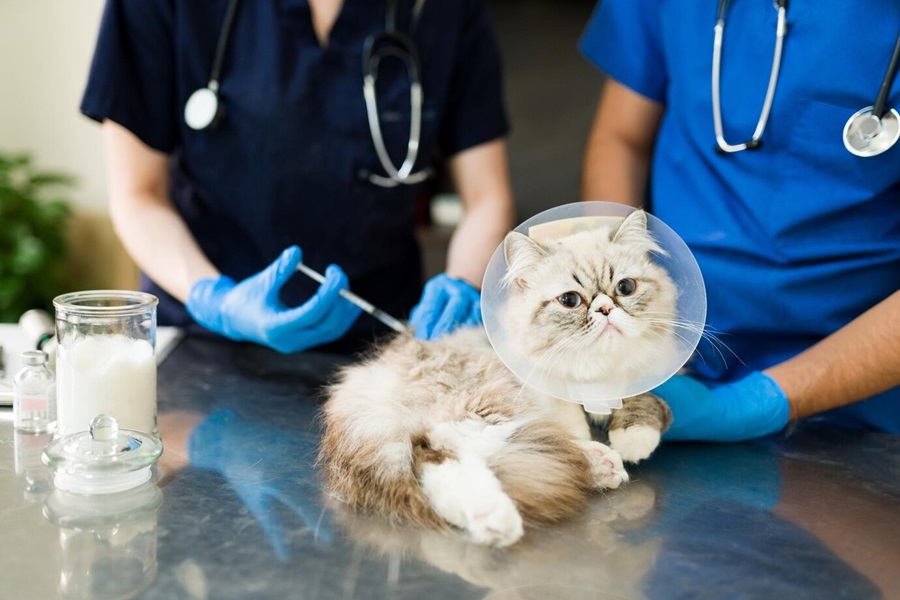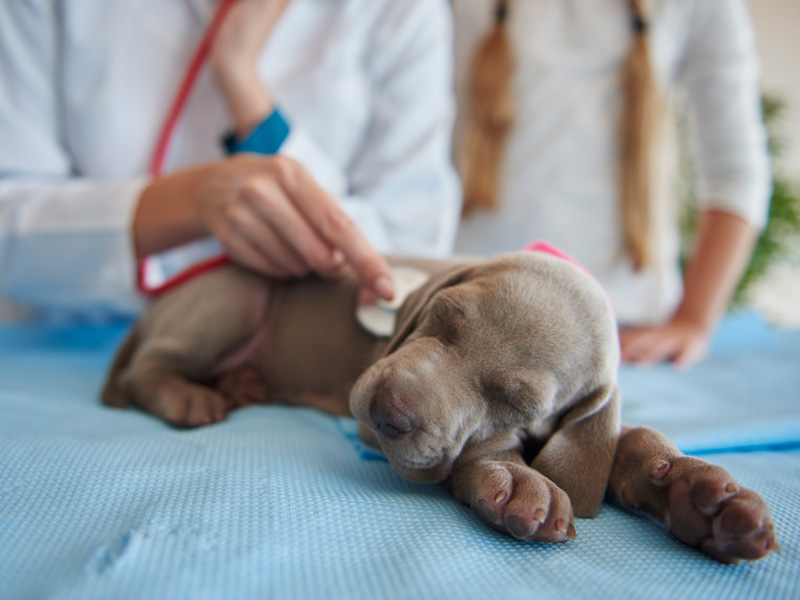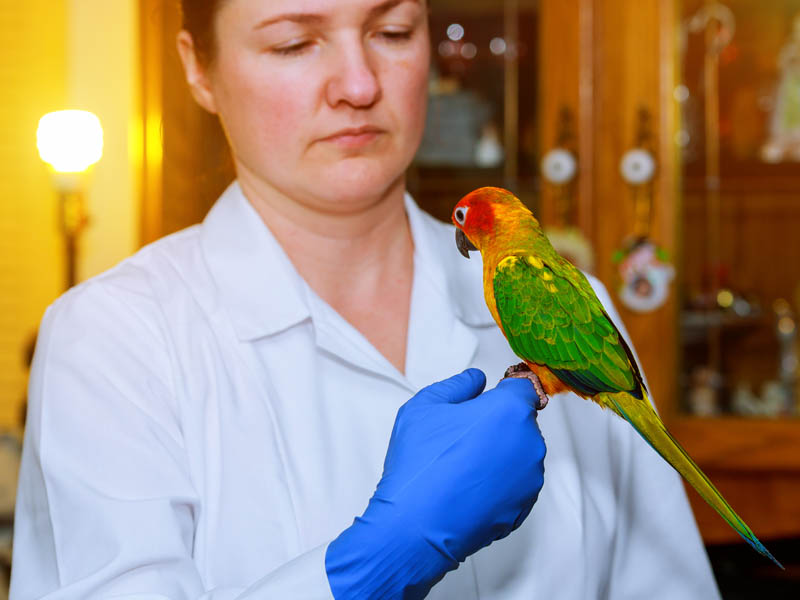2024-04-12 08:06:23
Administrator
Veterinary Procedures and Treatments
Pawsitive Checkups: Why Routine Vet Visits are Essential for Your Dog
Every dog owner would wish them to stay healthy and fit. Like other humans, the dog would need regular dog checkups to remain active at the ideal state. In most disorders, veterinary dog checkups are regularly conducted to detect this. A veterinary checkup also ensures that your dog lives a longer life. This article will tell you why regular vet check-ups are very important to your dog and should become a normal thing in the life of your dog.
Why Routine Check-Ups Matter for Dogs
Just like humans, dogs also experience other life cycles and develop other health problems at different ages. Sometimes, they may not show any symptoms of the illness but could be suffering inside. Essential vet visits ensure that such health problems are detected early and managed well. Here are some reasons why regular check-ups are so important:
1. Early Detection of Health Issues
The most significant advantage of essential vet visits periodically is early health issues detection. Dogs do not have any form of signaling that something is wrong, and most health issues occur gradually. It becomes very challenging to identify without professional assistance. A vet can spot slight changes in your dog's health that might not be quite noticeable to you, like dental issues, heart problems, or changes in weight. The sooner a condition is detected, the easier it will be to treat and manage, so the better prognosis for your dog.
2. Preventative care
Routine vet visits enable you to talk to your vet concerning the ideas related to preventative care. These services include vaccinations, anti-fleas and ticks, deworming, and oral health. The most serious cases of illnesses or conditions are thus made easier to prevent through such services included in routine dog health care.
Mostly, vaccinations are meant for infectious diseases. Many areas require vaccination to ensure the safety of your dog. Flea, tick, and worm preconditioning are similarly important because, in these animals, parasites live that can cause great discomfort, and at times, there is a risk of transmitting diseases to humans. Dental care is considered one of the least important, but, in fact, it is quite indispensable to take proper care of a dog's overall health to prevent all kinds of infections such as gum disease, tooth decay, etc.
3. Monitoring Your Dog's Weight and Diet
Many dogs are overweight, which may lead to their developing rather serious medical problems such as diabetes, issues concerning joints, heart diseases, and more. Regular visits to the vet will enable him to monitor your dog's weight and body condition. He will then be able to determine whether your dog is underweight, overweight, or at a healthy weight for his breed, age, and activity level. Your vet can also advice on how to feed your dog appropriately to keep them at a healthy weight for the rest of their lifetime.
Sometimes, the changes in weight are attributed to some medical condition such as diseases with the thyroid, diabetes, or liver infections. Early discovery of the medical conditions helps decrease the problem before it becomes very acute.
4. Monitoring Behavioral Patterns and Physical Activity Levels
Changes in their behavior or habits can be something related to medical issues, and such changes can be subtle, too. Of course, apart from asking these questions, which would include something about your daily activity and habit of feeding your dog, chances are that even tests or possibly a physical examination would be suggested by the doctor to rule out other medical concerns for your lethargic and irritable but normally passive animal.
For example, joint diseases such as arthritis are a condition of most older dogs and will lead to the owner being likely to comment that the dog gradually becomes inactive. Early management will ensure the quality of life is preserved or enhanced in a dog affected with one of these diseases.
5. Dental Health
Dental health is a neglected case of dogs in most cases. This is highly related to health. Other dental problems in dogs include tartar buildup, plaque, and gum disease, which can lead to the loss of teeth due to this disease, infections, and,in severe cases, damage to the inner and outer organs. The vet check-up always includes a dental examination. The vet checks your dog's teeth and gums for any sign of disease. If the vet detects problems in your dog's teeth, they may be advised to go for professional cleaning or diet adjustments to improve your dog's oral health.
6. Control of Parasite
The common parasites that affect your dog's health are fleas, ticks, and worms. Fleas cause skin irritation and allergic reactions due to their presence. Ticks transmit diseases like Lyme disease. Worms include roundworms, tapeworms, and heartworms that cause digestive problems and life-threatening conditions if not treated.
During check-ups, your vet will be looking for signs of parasites and giving treatments to prevent infestations. This is a part of your dog's overall health routine.
7. Mental Health
Mental health is important at par with physical health. Dogs, especially those that are left alone for long periods or do not get enough stimulation, can develop behavioral issues such as anxiety, depression, and destructive behaviors. This way, regular veterinary visits can often create opportunities to communicate about the condition of the mental and emotional condition of the dog; your vet may even offer recommendations that will help your dog reduce anxiety or other forms of mental stimulation. Sometimes, such changes in behavior can also imply some underlying health issues, which can be diagnosed appropriately.
8. Age-Related Health Concerns
As dogs age, they become more susceptible to age-related diseases such as arthritis, blindness, renal disease, and cognitive dysfunction. So, regular visits to the vet seem to play a role in the management of age-related changes. Normally, routine check-ups allow your veterinarian to closely monitor the state of your dog's health and make recommendations for treatments or lifestyle changes that can keep your dog as comfortable and healthy as possible as he or she ages.
How Often Does Your Dog Need a Veterinary Check-Up?
The number of times your dog needs to be taken to the vet depends on your dog's age, breed, and health status. Generally speaking, puppies and adult dogs are supposed to visit the vet once a year for their annual check-up. The frequency for elderly dogs might increase to every six months to monitor changes that accompany aging.
If your dog is exposed to medical conditions or changes in health, then it will be visiting the vet more often.
Conclusion
Routine vet check-ups keep your dog healthy. Visits help recognize health problems early enough, keep your dog’s health up-to-date with their preventative care, and allow time to discuss changes in their lifestyle and behavioral changes with an expert. The best investment one can make is in the health of his/her dog by going for routine vet care to guarantee a long, happy, and healthy life.
Their dogs are treated like our own. That is why the health of our dogs is placed at the highest priority. Affordable, reliable, and comprehensive dog care services PeppyCare gives through routine check-ups, vaccinations, and prevention care plans Let your dog receive the right attention with PeppyCare's veterinary partners. Visit our website or download our App today and get to know us better.
Let Peppy Care be your reliable partner in pursuit of happy, healthy furry friends for a lifetime!








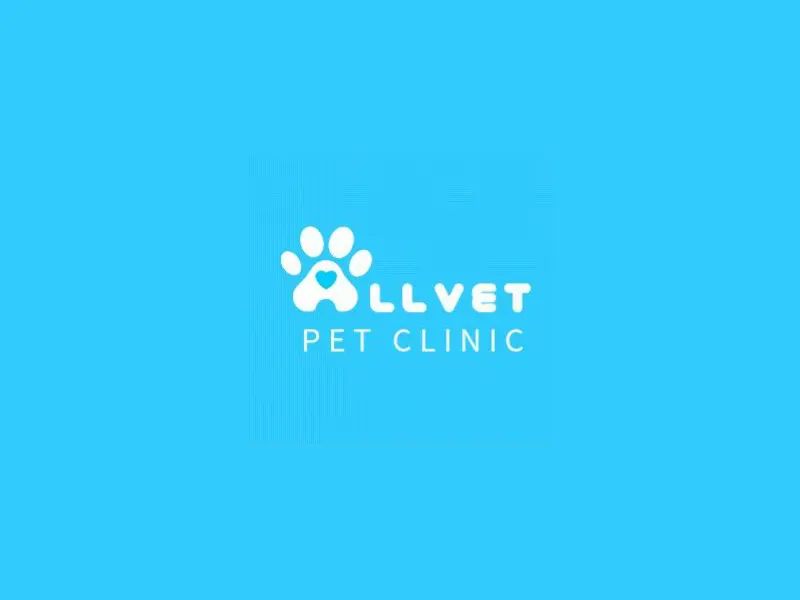

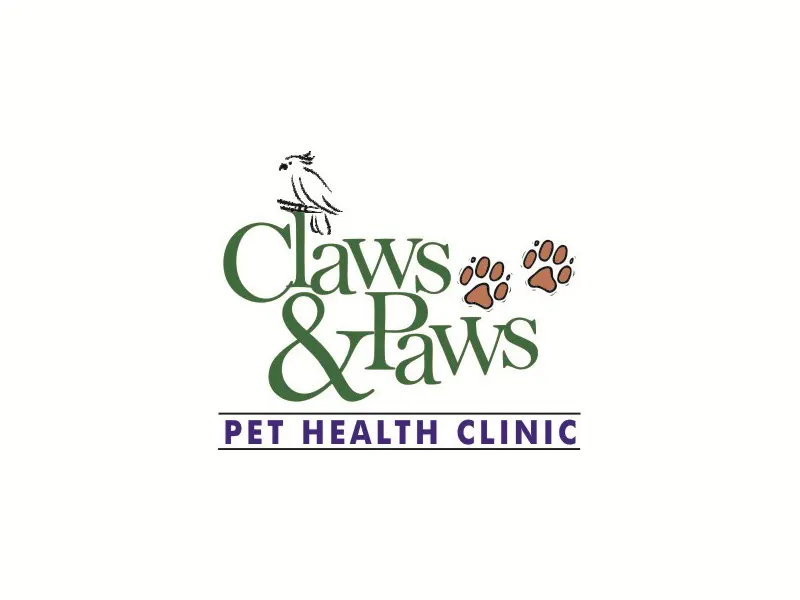
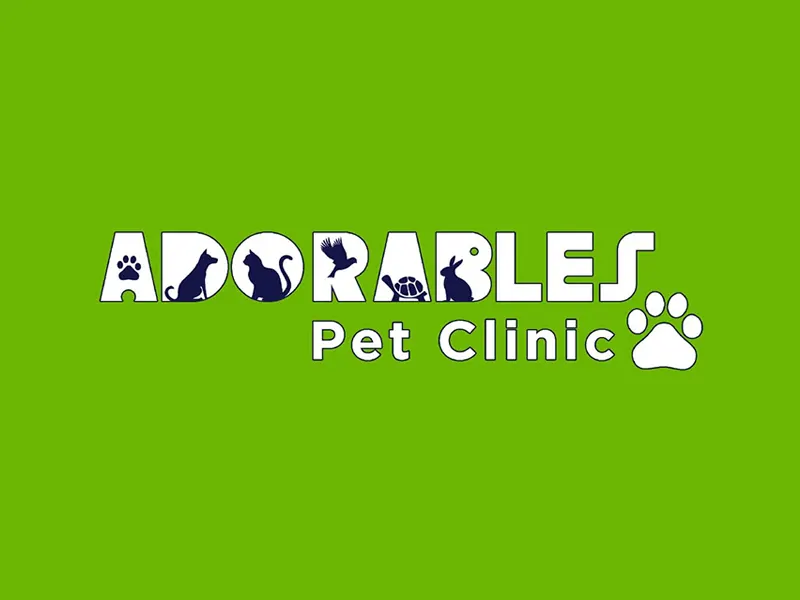

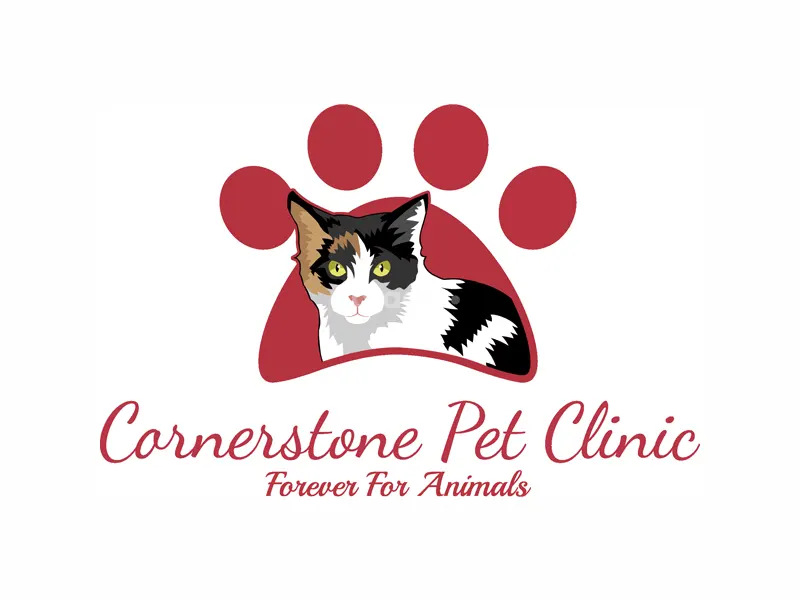
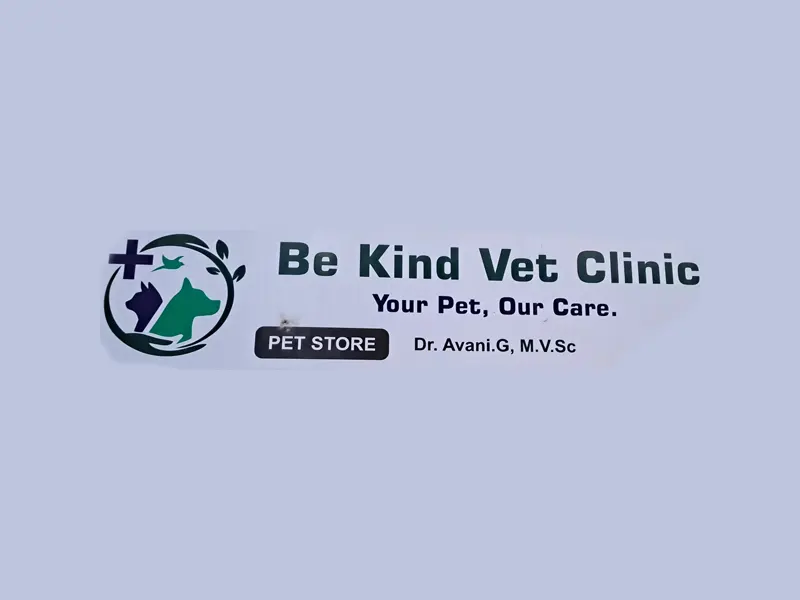



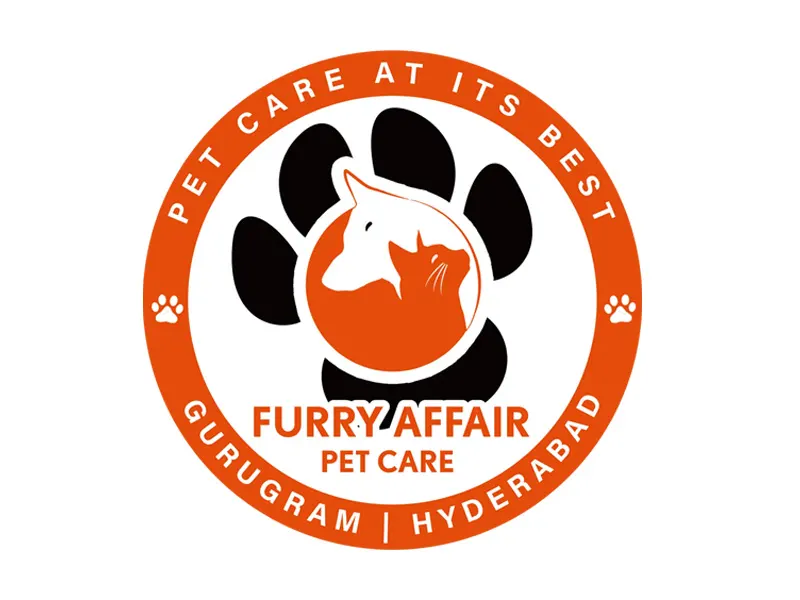













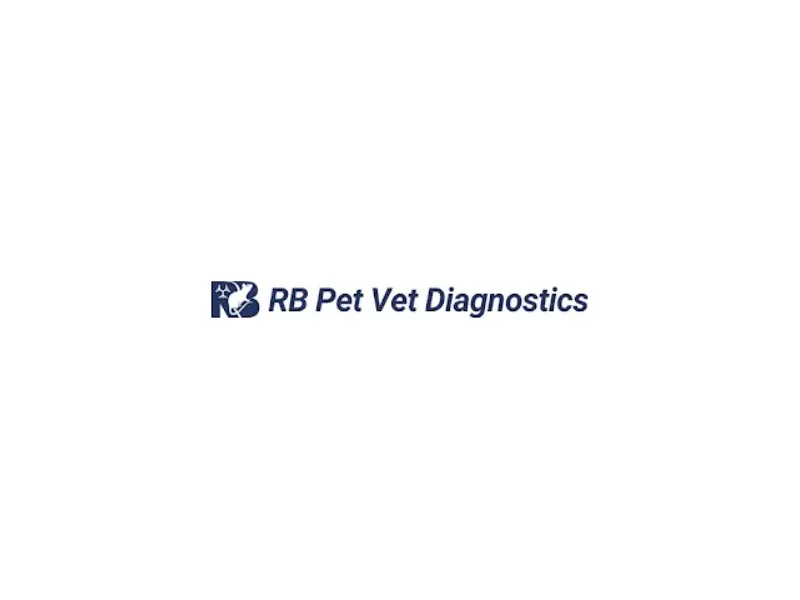



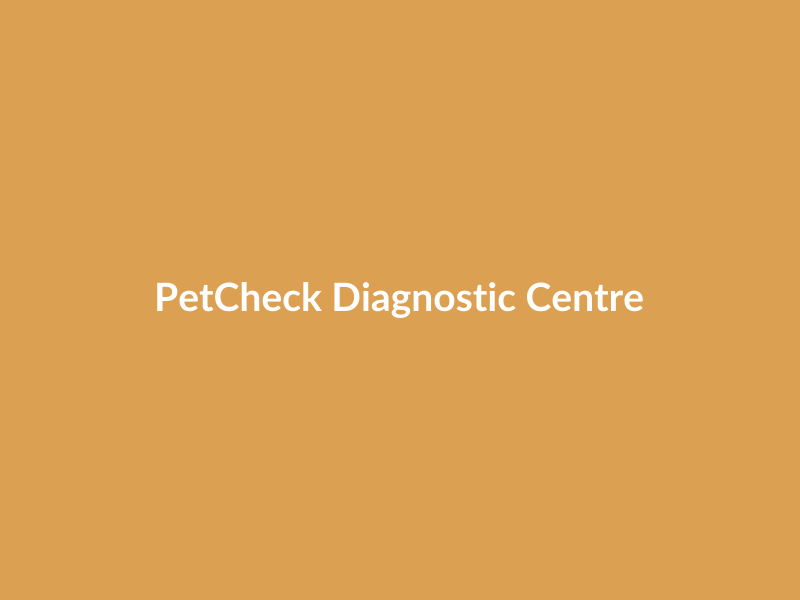



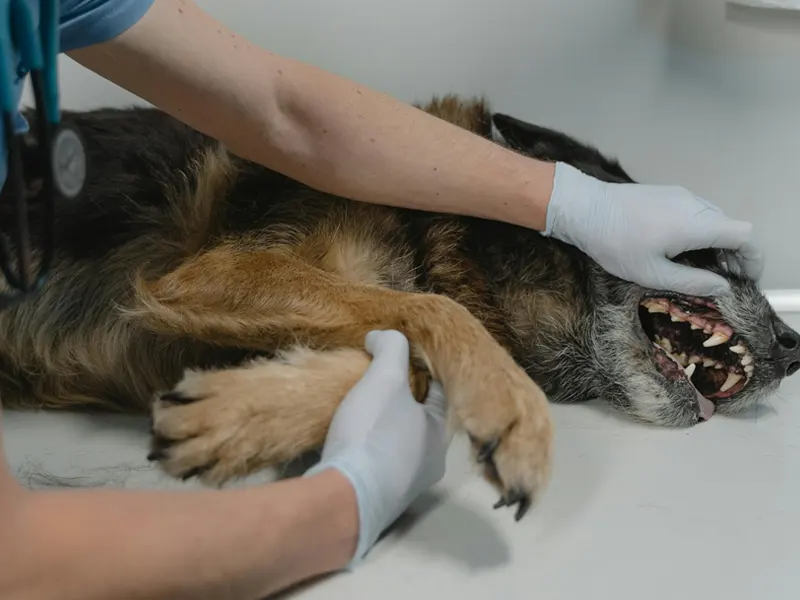
.png)
.png)
